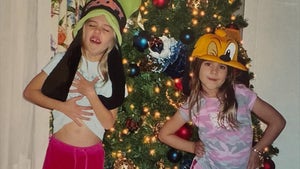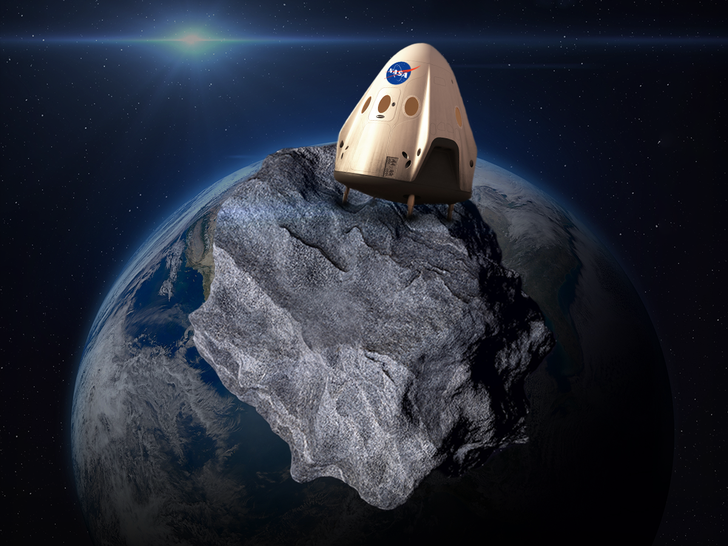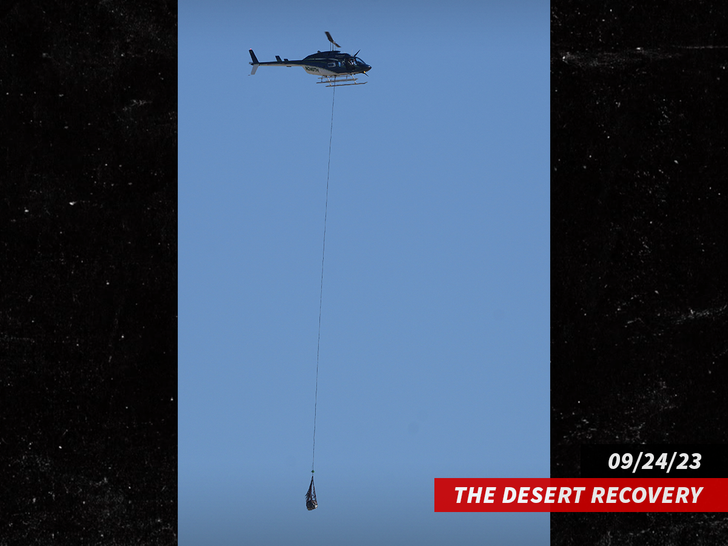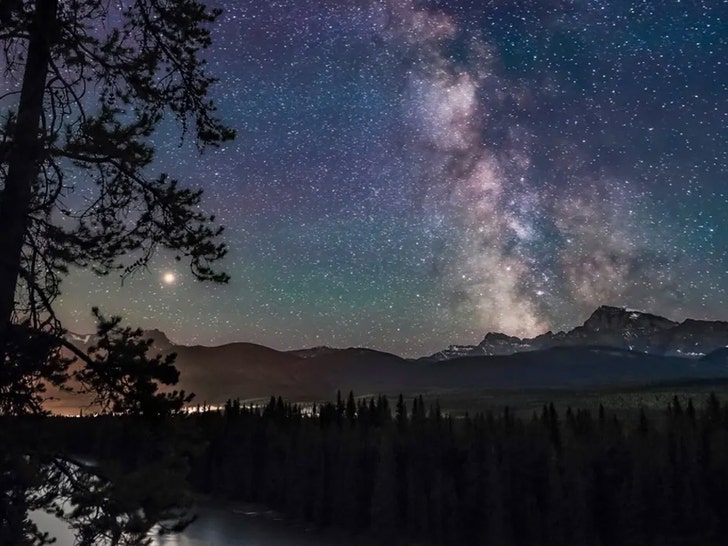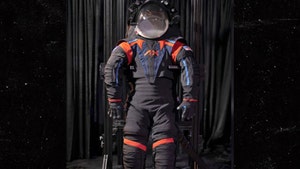NASA Capsule Returns to Earth with Asteroid Sample Years After Launch
NASA Capsule Back on 🌎 w/ Asteroid Stuff!!! ... Years-Long Expedition
Humans are one step closer to figuring out the mysteries of the universe -- and it's all thanks to a NASA capsule that just got back with some space soil ... from a long way away!
The capsule was shot down from a larger mother ship spacecraft called OSIRIS-REx, which got launched into the sky a whole 7 years ago ... with the idea being that it'd travel billions of miles to reach a huge asteroid named Bennu, which while far ... it's still within reach for us.
NASA wanted to study debris from this asteroid, which is said to be very, very old. Scientists say the samples collected are going to help us understand more about our origins, not to mention other discoveries about our solar system and maybe even the galaxy at large.
It took a while, but the capsule finally touched down Sunday ... landing in a Utah desert, where NASA deployed helicopters as part of a recovery team. Seems they wanted to be extra careful with this thing -- even when they got back to the lab, it was hazmat suit galore.
Your package has been delivered.
— NASA (@NASA) September 24, 2023 @NASA
The #OSIRISREx sample return capsule containing rock and dust collected in space from asteroid Bennu has arrived at temporary clean room in Utah. The 4.5-billion-year-old sample will soon head to @NASA_Johnson for curation and analysis. pic.twitter.com/Ke0PcDAKt0
As for what exactly the samples consist of ... it's mostly just rocks and dust, but considering it comes from an asteroid that likely traveled from a far distance, precaution is necessary.
While this is the first such asteroid mission for NASA, Japan's space agency has already beat us to it ... a couple different times, actually. Still, it's a major accomplishment for the U.S. -- and just another example of people venturing out into space more and more now.
With the samples back here on Earth, they'll now go to Texas for further study. NASA says it plans to reveal its findings sometime in October.



